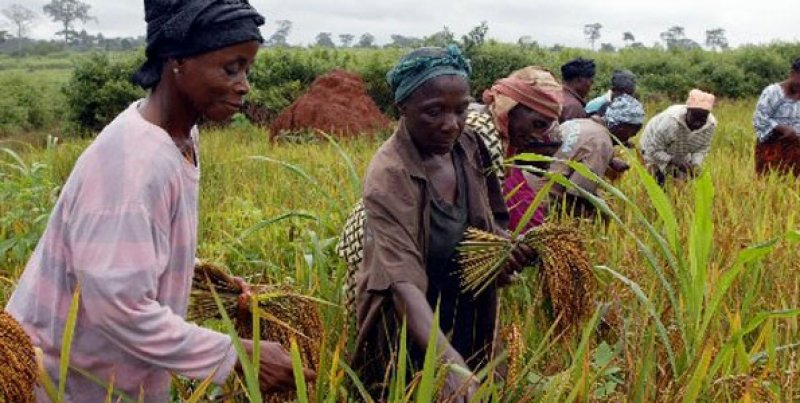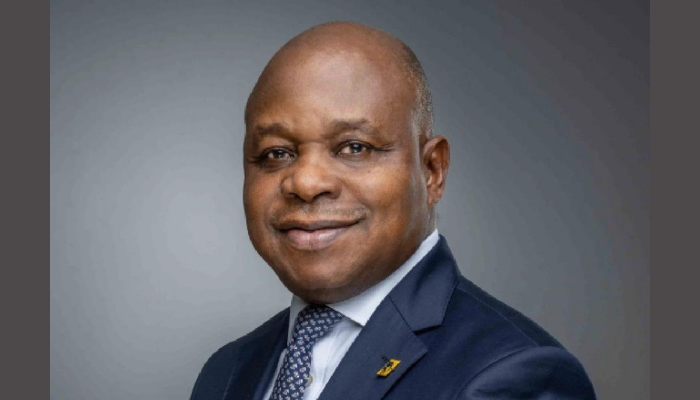- NBS: 16m Nigerians Unemployed in Q3 2017
The National Bureau of Statistics (NBS) has disclosed that about 7.5 million Nigerians in the labour population had nothing to do in the third quarter of 2017, but when this number is added to those who worked for less than 20 hours a week – 8.46 million, the number of unemployed persons in the country stood at 15.99 million during the period under review.
According to the NBS’ Labour Force Statistics Volume 2: Employment by Sector Report for Third Quarter of 2017, which was released in Abuja Monday, those who worked less than 20 hours a week and those who did absolutely nothing were classified as unemployed.
The report noted that in the third quarter of 2017, 77.55 million people were engaged in economic activities from a labour force of 85.08 million.
However, the statistical agency pointed out that 8.46 million were engaged for between one and 19 hours weekly; 18.02 million for 20 to 39 hours; 51.06 million above 40 hours, just as 7.53 million did absolutely nothing during the quarter under review.
According to the report, those who worked between 20 and 39 hours or did jobs not commensurate with their qualifications and skills were also classified as underemployed.
The bureau, however, stated that of 8.46 million persons that worked within 1 to19 hours a week, 1.83 million or 21.67 per cent worked for pay/wages.
The NBS report added that among the 77.55 million labour population who were engaged in some form of economic activity, 38.24 per cent of them or 29.66 million were self-employed (engaged in farming/agriculture) while 27.93 per cent or 21.66 million were self-employed in non-farming/agriculture sectors.
“A total of 19.72 million were working for pay or wages, which was equivalent to 25.42 per cent of the total workers in 2017 Q3. Paid apprentices and unpaid house workers constituted 7.30 per cent and 1.11 per cent of the total work force engaged for at last one hour a week,” it said.
It stated that 83,978 or 0.99 per cent were paid apprentices and 703,240 or 8.31 per cent were unpaid house workers.
Giving a further breakdown under the working hours’ category, the agriculture sector with 59.02 per cent or 5.01 million persons dominated, followed by trade (9.7 per cent), and professional, scientific and technical services (7.0 per cent).
The NBS added that of the 18.02 million persons that worked within 20 to 39 hours a week and classified as underemployed, 3.77 million or 20.96 per cent worked for pay/wages.
It added that 231,671 or 1.28 per cent were paid apprentices and 2.41 million or 13.39 per cent were unpaid house workers.
During the third quarter of 2017, NBS also said more males worked full-time than females, while a higher percentage of females worked part-time between 20 to 39 hours and below 20 hours per week.
The absolute number of male full-time workers (34.85 million) was more than twice the number of female full-time workers (16.21 million) in the third quarter of 2017.
The report also indicated that a larger percentage of males to females were self-employed in farming/agriculture work, while a larger percentage of females were self-employed in non-farming/agriculture work.
Agriculture dominated both the female and male labour markets, NBS stated.


 Naira3 weeks ago
Naira3 weeks ago
 Naira3 weeks ago
Naira3 weeks ago


 Naira4 weeks ago
Naira4 weeks ago




 Naira2 weeks ago
Naira2 weeks ago
 Commodities4 weeks ago
Commodities4 weeks ago


 News3 weeks ago
News3 weeks ago


 Sport Business4 weeks ago
Sport Business4 weeks ago


 Banking Sector4 weeks ago
Banking Sector4 weeks ago























